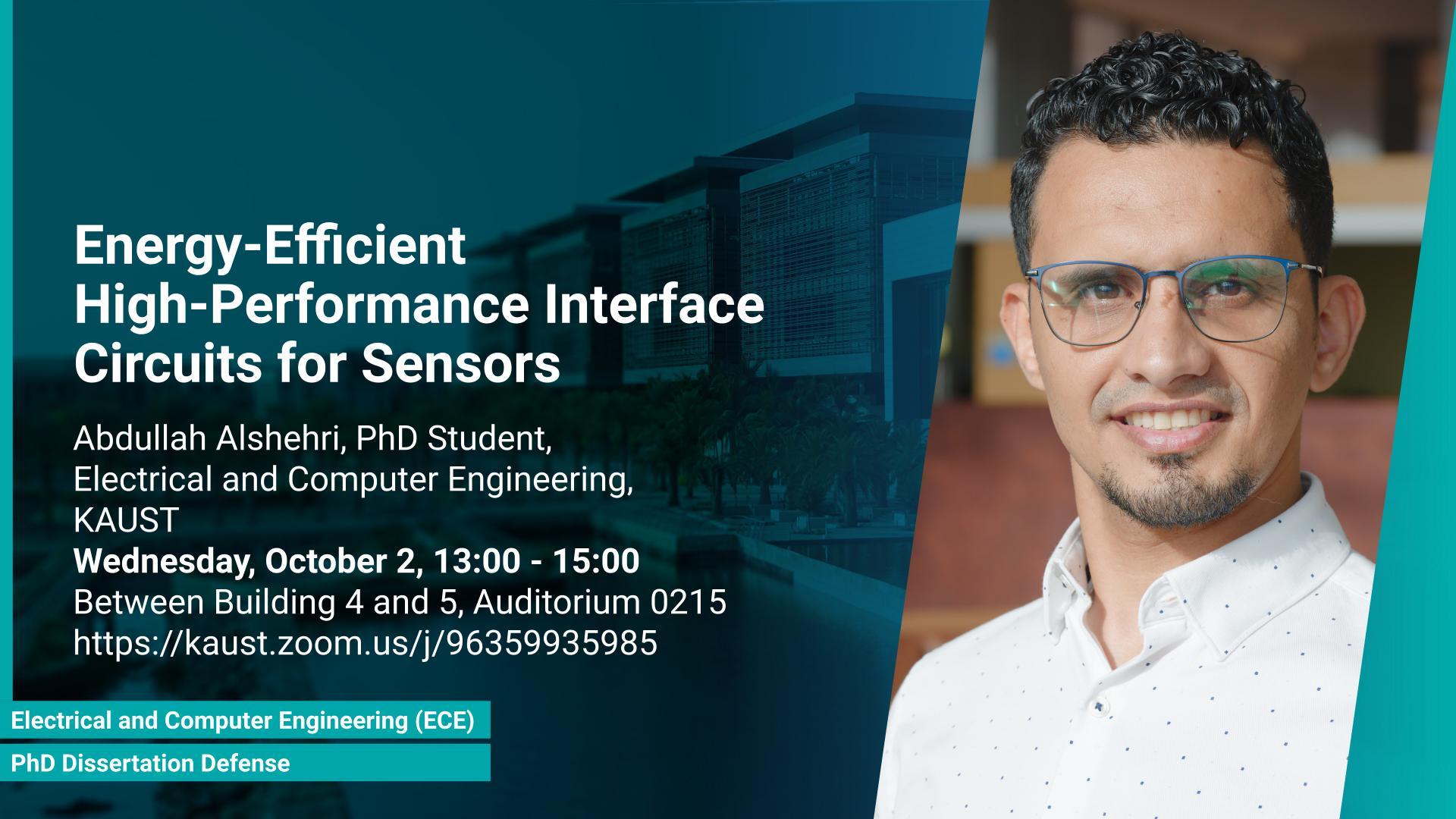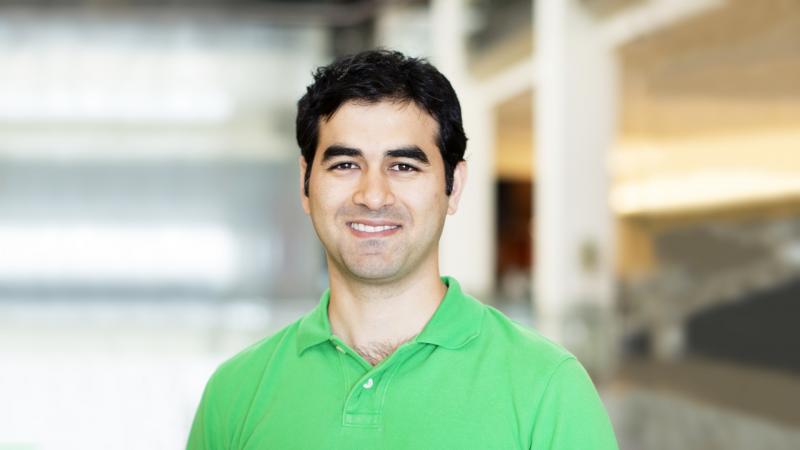Event Start
Event End
Location
Please click here to join the Zoom meeting.
Abstract
The proliferation of sensor-based technologies has driven demand for more efficient sensor interface circuits. As sensors become more sophisticated, the design of energy-efficient high-performance interface circuits has emerged as a critical challenge. This dissertation presents an investigation into the design of power-optimized interface circuits for advanced sensor applications. The first part introduces a readout circuit for MEMS accelerometers, featuring a low-noise, energy-efficient capacitance-to-voltage converter using the Chopper Stabilization technique, designed for seismic sensing applications.
The second part of the dissertation introduces six new latch comparator designs across various CMOS technologies, each enhancing different performance metrics. The first design improves energy efficiency, speed, and reduces clock feedthrough. The second uses clocked forward body biasing (CFBB) for up to 20.8% performance improvement. Other designs focus on high speed, low power, low-voltage operation, and rail-to-rail input, with the final design offering significant improvements for energy-harvested IoT and overall performance.
The third part of the dissertation introduces a novel successive approximation tree analog-to-digital converter (ADC) topology that mimics the convergence hierarchy of the successive approximation algorithm. StrongARM CFBB latch comparators with modified differential input transistors were used as standalone comparators, enabling a tree-like configuration for successive approximation. This successive approximation tree (SAT) ADC offers several benefits including reduced energy consumption, simple encoding, low noise, low clock loading, and enhanced conversion time. Post-layout simulations of the 65 nm CMOS SAT ADC show a power consumption of 246 μW and a Figure of Merit of 90.16 fJ/conversion-step.
Overall, the research develops energy-efficient, high-performance interface circuits for real-world sensor applications.
Brief Biography
Abdullah Alshehri is a Ph.D. candidate in the Electrical and Computer Engineering (ECE) department at King Abdullah University of Science and Technology (KAUST), where he is supervised by Prof. Hossein Fariborzi and Prof. Khaled Salama. He received his B.S. degree in Electrical and Electronics Engineering from the University of Brighton, United Kingdom in 2014, and his master's degree in Electrical Engineering from KAUST, Saudi Arabia in 2016. During his academic journey, Abdullah has gained valuable industry experience through internships at leading companies such as ARAMCO (Research and Development Center), Saudi Telecommunication Company (STC), and Cadence Design System. His research at KAUST focuses on designing energy-efficient, high-performance interface circuits for sensors, with the aim of contributing to the development of cutting-edge technologies in the field of electrical and computer engineering.


